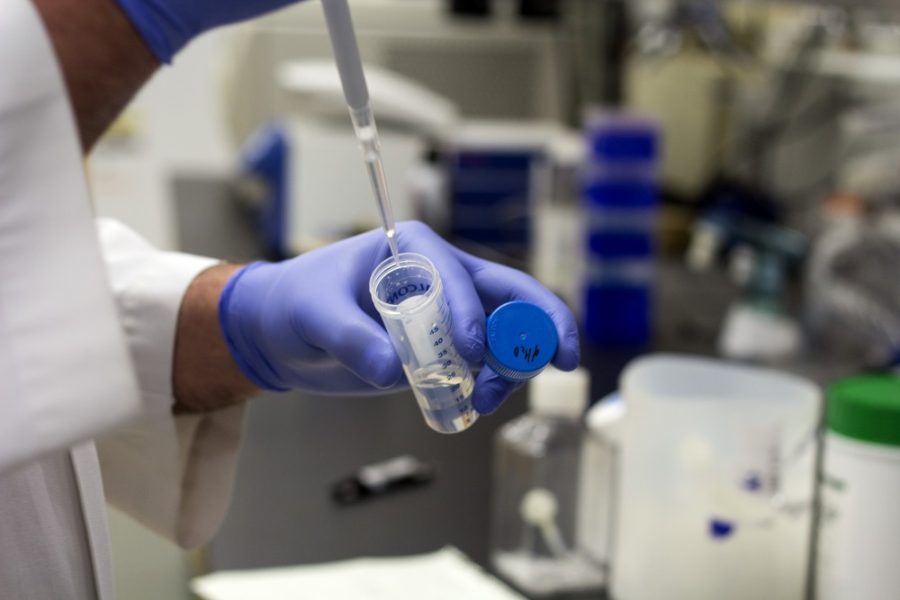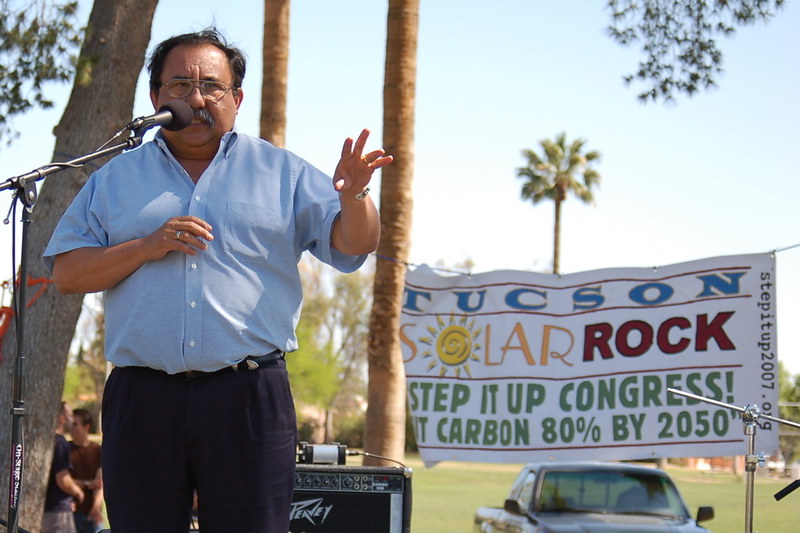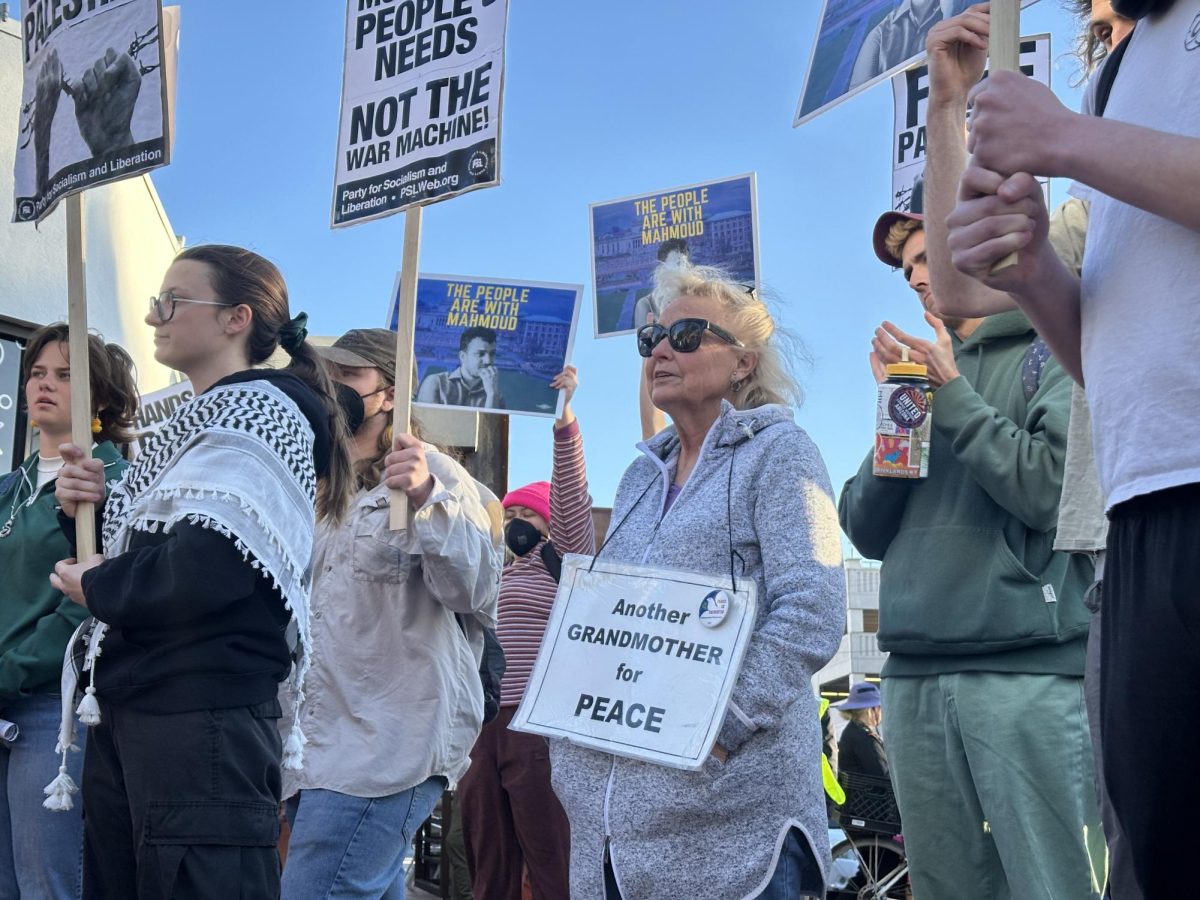Tucsonan Paul Gelsinger, father of Jesse Gelsinger whose death at the age of 18 during a 1999 gene therapy clinical trial led to a federal investigation, will speak to students Oct. 25 on the state of the science for gene therapy and the ethics of human subjects.
The hour-long talk, titled “Jesse’s Intent,” will begin at 12:00 p.m. in Drachman Hall A114.
Katherine Ellingson, professor in the Department of Epidemiology and Biostatistics, organized Gelsinger’s lecture as part of her course at the Mel and Enid Zuckerman College of Public Health, but anyone is welcome to attend.
“We are grateful to Paul Gelsinger for his willingness to speak to our students about his family’s experience and the bioethics of clinical trials,” Ellingson said.
RELATED: A genetically modified conversation
Ellingson believes students will benefit from hearing Gelsinger’s story and come away with a greater understanding of the critical role of evidence-based decision-making and transparent risk communication in the medical field.
Gelsinger has asked that those planning on attending his talk read his 2000 essay “Jesse’s Intent” online at Guinea Pig Zero, according to Ellingson.
In this essay, Gelsinger describes Jesse’s early diagnosis and experience of living with ornithine transcarbamylase deficiency syndrome, or OTC, a rare metabolic disorder which leads to the buildup of ammonia from meat and other proteins in the diet.
During his life, Jesse had many near-death scares with the disease, but for most of his teenage years, he controlled his syndrome with medication.
Jesse altruistically decided to participate in a University of Pennsylvania gene therapy clinical trial after being told, while his disease could not be cured with the procedure, the results of his tests could lay the groundwork for treating thousands of people with a variety of other liver disorders.
In the end, it was found that the researchers Jesse trusted did not disclose the full dangers, data or personal financial interests for the clinical trial, leaving many questioning if he could have given informed consent.
“In his talk, Gelsinger will address the influences that can weaken clinical trial safeguards and the vigilance required to uphold the scientific community’s responsibility to protect people — like his son Jesse — who put their lives on the line to advance clinical medicine,” Ellingson said.
While gene therapy techniques have advanced since the 1990s, the culture that led to Jesse’s death remains.
RELATED: An exoskeleton built on passion
According to Ellingson, Gelsinger will touch on how the role of money and “the race to be first” can cloud the judgment of researchers running clinical trials.
With these in mind, the regulatory role of the Food and Drug Administration is key, yet while underfunded, its oversight is suboptimal, according to Ellingson.
“Gelsinger reminds us that the safety of trial participants relies on robust oversight, evidence-based decision-making and transparent risk communication,” Ellingson said.
The responsibility to uphold these principles falls to everyone in the health care and research field, including the students at the UA.
Follow Randall Eck on Twitter








